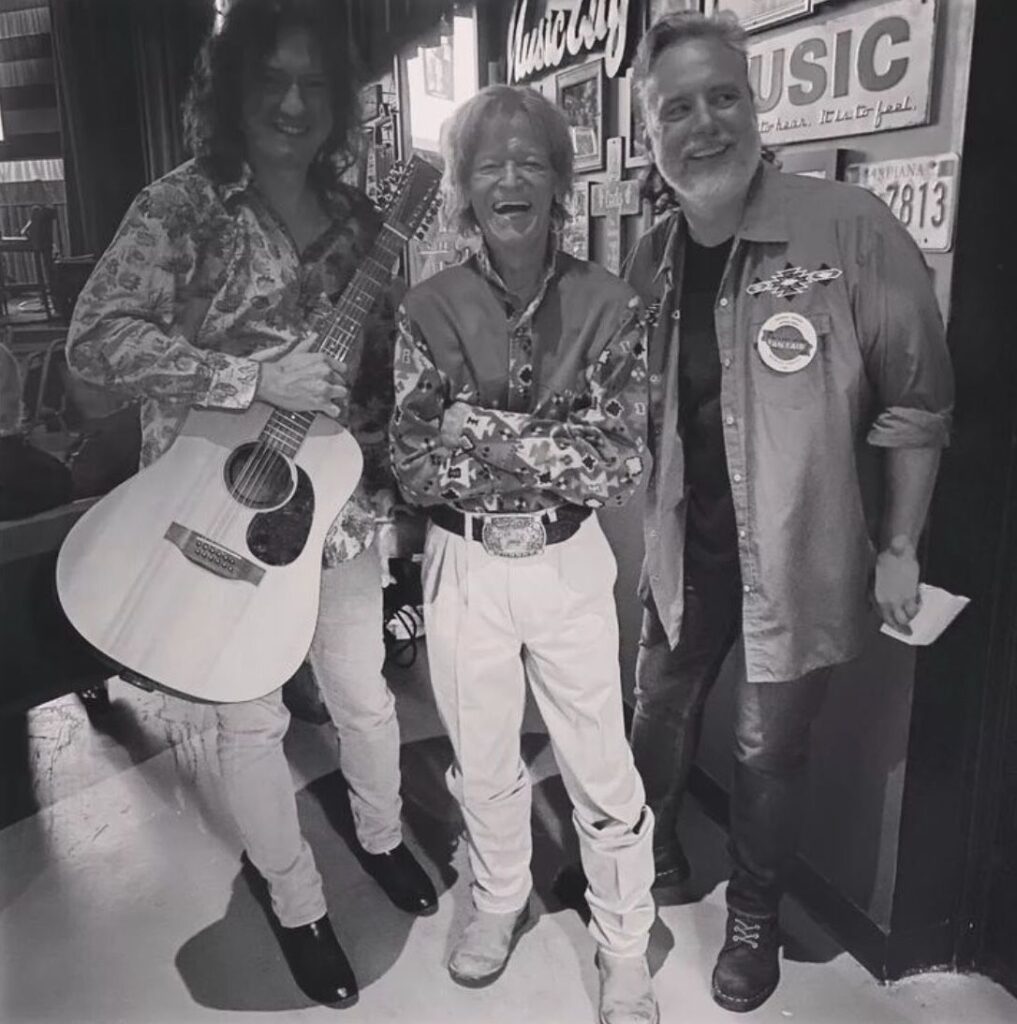
Love’s Bitter Embrace: When Affection Becomes Its Own Agony
Ah, do you remember those simpler times? The airwaves, brimming with melodies that spoke directly to the heart, often with a raw honesty that seems to have faded somewhat from today’s polished productions. It was an era when a song could truly capture the intricate, often contradictory, emotions of love without apology. And few duets did that quite as powerfully, or as poignantly, as Johnny Rodriguez and Charly McClain‘s 1983 hit, “I Hate the Way I Love It.” This wasn’t just another country song; it was a deeply relatable confessional, a whispered acknowledgment of love’s inescapable grip, even when that grip causes pain. Reaching a respectable number 2 on the Billboard Hot Country Singles chart, it hovered tantalizingly close to the top, a testament to its resonance with listeners who, perhaps, had felt those very same pangs of exasperated devotion.
That distinctive year, 1983, was a fascinating time for country music. It was a period of transition, where traditional sounds blended with a growing pop sensibility, yet the core storytelling remained paramount. Johnny Rodriguez, with his smooth, earnest delivery and a career already studded with hits like “Pass Me By (If You’re Only Passing Through)” and “You Always Come Back (To Hurting Me),” was a well-established voice of authentic country emotion. His distinctive Latin-tinged inflections added a layer of soulful vulnerability to his performances. Then there was Charly McClain, a vibrant and expressive singer who had already charmed audiences with her feisty personality and chart-toppers such as “Who’s Cheatin’ Who” and “Sleeping with the Radio On.” Her voice, a perfect blend of sweetness and sass, provided the ideal counterpoint to Rodriguez’s gentle strength. Their coming together for “I Hate the Way I Love It” felt less like a calculated collaboration and more like a natural confluence of two artists perfectly suited to articulate the song’s complex emotional landscape.
The beauty of “I Hate the Way I Love It” lies in its unvarnished portrayal of a love that, while deeply felt, has become a source of frustration. It speaks to that universal experience where you’re utterly, undeniably smitten, yet simultaneously exasperated by the hold the other person has over you. It’s the kind of love that defies logic, that persists despite the heartaches, the letdowns, and the occasional feeling of being taken for granted. The lyrics paint a picture of someone trapped in a cycle of devotion, acknowledging the pain and the power imbalance, yet utterly incapable of breaking free. “I hate the way I love it,” they sing, a paradox that perfectly encapsulates the push and pull of such an intense connection. It’s the sigh of resignation, the knowing nod to an affection that has become an intrinsic part of who you are, for better or worse. You might rail against it, you might complain, but deep down, you know you wouldn’t trade it for anything. This isn’t just about a romantic relationship; it could be interpreted as the unbreakable bond with a difficult family member, a demanding passion, or even a hometown you constantly criticize but secretly adore.
This song wasn’t just a fleeting moment on the charts; it became a staple, a quiet anthem for anyone who’s ever felt that maddening, beautiful pull of an unshakeable love. It resonated because it was honest, devoid of saccharine platitudes, and instead offered a genuine reflection of human vulnerability. For many of us who grew up with these voices on the radio, “I Hate the Way I Love It” isn’t just a song; it’s a memory, a feeling, a moment suspended in time when two incredible artists articulated a truth about the heart that still echoes today. It reminds us that love, in its purest form, isn’t always neat and tidy; sometimes, it’s a beautiful mess, and we wouldn’t have it any other way.